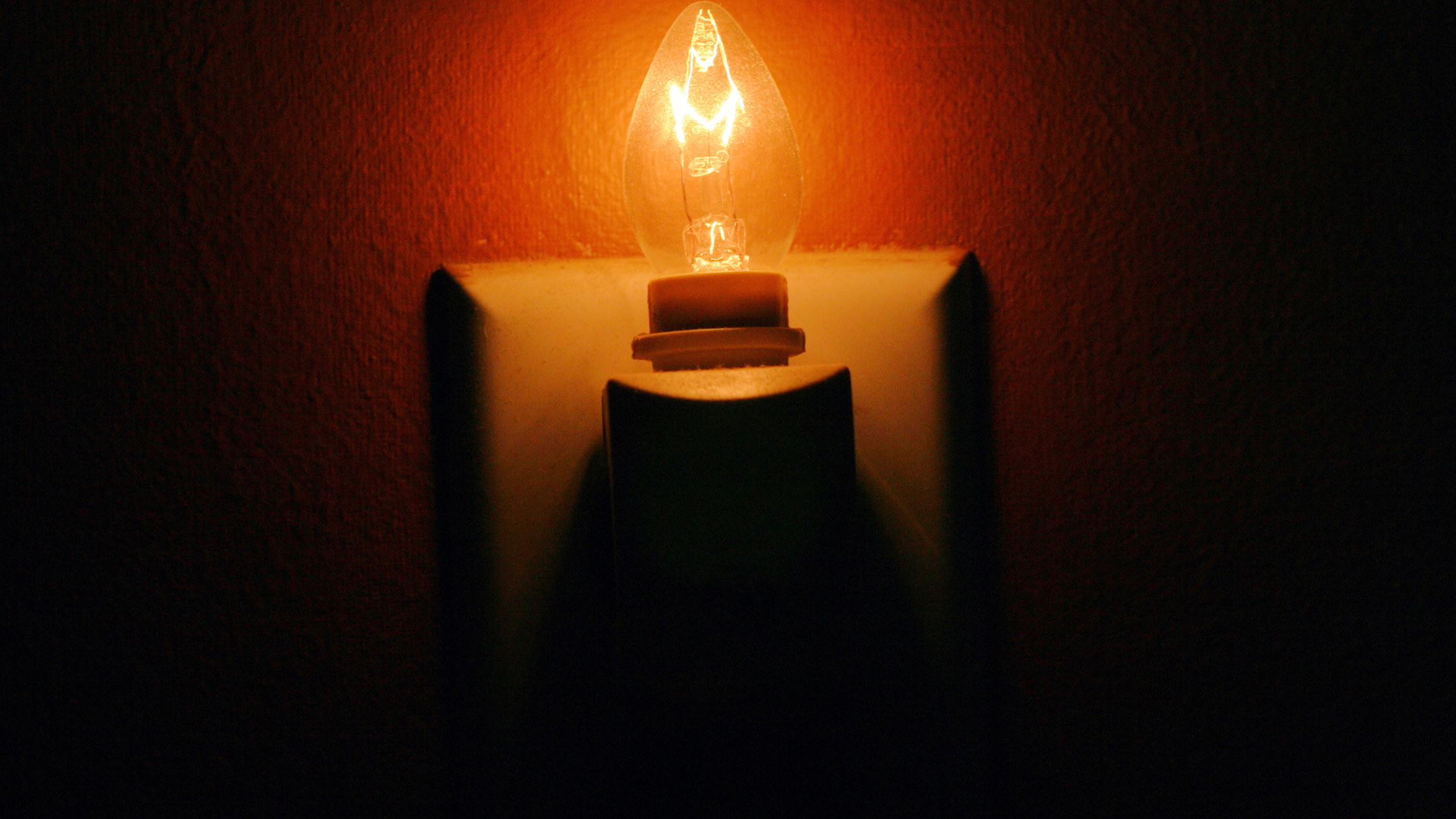
Many parents assume that children absolutely need night lights for their rooms. A well placed night light can actually reduce the amount of fumbling that is caused during midnight feedings and changings. However, is a night light distracting to the baby? Is one really necessary in the room? Whenever we talk about environmental necessities for good sleep and adults, we always say that the room needs to be absolutely dark. A night light defeats the purpose of having a super dark room. Therefore you may be questioning what kind of night light you need for your baby, and how you should appropriately place it in the room so that way it does not disrupt your baby's sleep. Therefore, we invite you to continue reading to learn some good dos and don'ts for helping your baby get a good night's sleep with a night light.
1. Do you place the light near areas you'll use but don't place it too close to your child's sleeping area
Whenever your baby is young, the night light is really more for you than them. Whenever you have to go and get them out of the crib, change their diaper, or feed them, it can be very difficult to do this in the dark. However, you want to avoid turning on the light to interrupt your sleep and theirs. The more you can do in the low light, the easier you and your baby will be able to go back to sleep whenever the task is complete. Therefore, for the night light, it's important for you to put the night light where you need it, but keep it away from where the child sleeps. This will reduce the amount of light that the baby is exposed to while they are sleeping, while also providing you with enough light to be able to navigate their room at night. The less fumbling and disturbing you can do, the easier it's going to be for you to go back to sleep. It's also a matter of safety so that way you do not trip while holding the baby, or injure yourself.
2. Do ensure the light is low wattage and dim
You absolutely do not want the night light to be too bright. Any night light that is between four to seven watts is typical for most nightlights. You want to make sure that the light is shaded and diffused so that way your baby is not disturbed by any harsh glare. Make sure to check the packaging to see what the wattage is before buying it. And if you ever have to change any of the light bulbs, and ensure that they are the right light bulbs that are also dim.
3. Don't use lights that have blue tones but do use ones that have red or yellow tones
Blue light is horrible for sleep. This is why we suggest not keeping any screens in the room when you're getting ready to go to sleep. Blue light is extremely exciting for your brain and can disrupt the production of melatonin, the main hormone that is necessary for sleep. Therefore whenever you are picking out a night light, please do not use one that has a blue light to it. You may be able to find this information on the packaging, or you may be able to find the night light that specifically uses red and yellow hues. Red or yellow tone lights are warm and can often provide you with enough light without interrupting the flow of melatonin.
4. Don't assume that your baby or you need a night light
Many parents assume that the night light is necessary, however, if the baby just gets used to sleeping in the dark then they may not actually need one. some babies are really distracted by night lights, and it may be hard for them to fall asleep if they see this bright light in the corner. If the light turns on and off by itself, that may be also distracting for your child. Don't assume that you need one either. There are a lot of parents who say that just cracking the door and using the light from the hallway works just as fine when tending to the child at night. Try starting without a night light, and if it becomes an issue, then incorporate one into the child's room using the tips above.
5. Do try to use a night light as your baby grows, especially if they develop nighttime fears
Navigating without a night light may be easy at first. However, as your baby grows, the night light may actually become useful. So even if you start without a night light, that is not a hard and fast rule that you have to follow for the rest of your child's infancy. Some parents find, that children can become a little bit more anxious as they get older about sleeping in the dark. this is natural along with separation anxiety that develops as the child moves into toddlerhood. A night light can really help during periods like this. It can provide some reassurance and comfort in the middle of the night when a child wakes up and feels very scared. Even if you've managed without a nightlife for a while, don't hesitate to try one if you have a child that is suddenly afraid of the dark. The night light will actually become a comfort to them instead of a distraction as discussed earlier.
https://www.babysleepsite.com/breastfeeding/baby-night-lights-dos-donts/#more-32062

